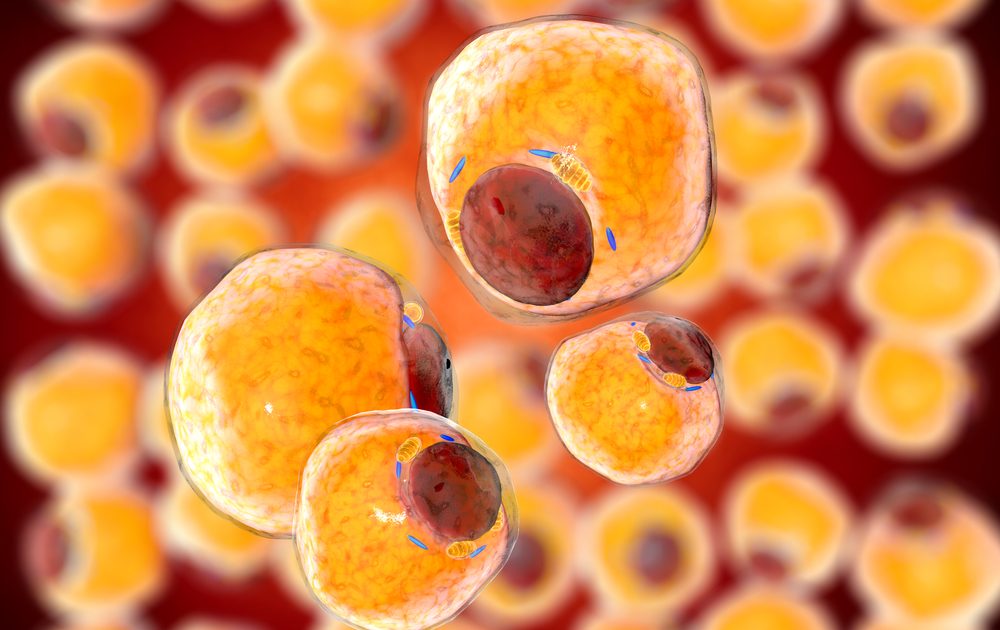Our test tells you which everyday chemicals you've recently come into contact with, and easy steps you can follow to reduce your exposure to them.
Can chemicals cause obesity?

Scientists at the Norwegian University of Science and Technology in Trondheim reported their study last week to identify whether a relationship can be established between plastics containing potent mixtures of chemicals and adipogenesis, a key process in the development of fat cells.
Adipocytes are cells that store fat in the body as an energy source. The research examined whether chemicals in plastics could contribute to the likelihood of this type of cell developing, and therefore be a possible cause of weight gain and obesity.
Obesity has been linked to cancer, cardiovascular illnesses, diabetes, kidney disease, and many more life threatening illnesses. Historically it has been associated with genetic and lifestyle differences, so this study is one of the first to evaluate the role of environmental factors in the development of obesity, which is rising faster than changes in lifestyle and diet alone can explain.
34 plastic products tested
Chemicals were extracted from everyday plastic products such as freezer bags, yogurt pots, and plastic cups, and other food packaging items. Using high resolution mass spectrometry, the team were able to detect more than 50,000 substances, including 11 known to have metabolism disrupting properties.
Next, they tested the effect of exposing the chemicals to mouse ‘precursor cells’ in vitro, and compared the results to exposing the same type of cell to a diabetes drug (already known to have a metabolic effect). Precursor cells have yet to develop into a particular type of cell – in this case a fat cell, or adipocyte. They found that some chemical groups were more likely to cause cells to develop into fat cells.
Chemical extracts from 11 plastic consumer products tested were found to induce adipogenesis, with four samples having an equal or stronger effect than the maximal response of cells exposed to the diabetes drug (rosiglitazone).
Could chemicals be making us obese?
The scientists report that “… considering our constant contact with a multitude of plastic products, we conclude that plastic chemicals may contribute to an obesogenic environment…..[and recommend] a shift toward chemically less-complex plastics represents a way forward to a nontoxic environment.”
They conclude, “there is a relevant, but as yet, underestimated impact on how cells transition to the development of adipocytes, and subsequent obesity.”
Causation is not yet known.